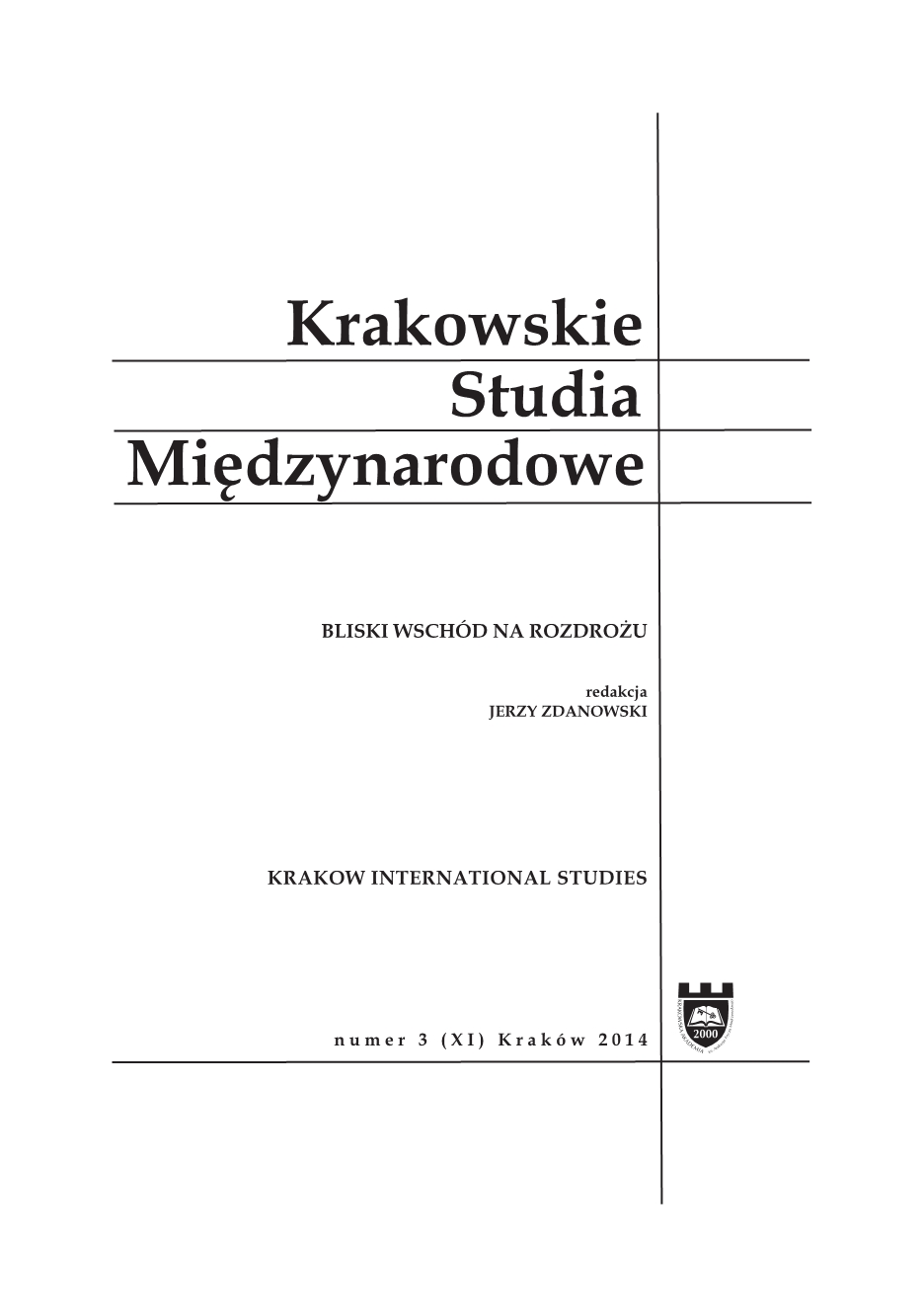Aktywność NGO i FBO na Bliskim Wschodzie na tle innych obszarów Południa
NGOs versus FBOs: cooperation or rivalry? The anallysis of NGOs and FBOs activity in the Middle East in comparison with other Developing Countries
Author(s): Anna Mrozek-DumanowskaSubject(s): Political Sciences, Sociology, Social history, Developing nations, Culture and social structure , Management and complex organizations, Sociology of Culture, Economic development, Globalization, Sociology of Religion, Identity of Collectives
Published by: Oficyna Wydawnicza AFM Uniwersytetu Andrzeja Frycza Modrzewskiego w Krakowie
Keywords: sociology; social anthropology; political science; globalization; science of religion;
Summary/Abstract: The NGOs or the Independent Citizen’s Organizations are the third – after the state and neo-liberal market structure – oficial sector distinguished by a formal organization. On the positive side of NGOs we could mention the numerous civil initiatives which advance public education and public debate on global affairs. Most NGOs undertook also projects to fight for more equitable distribution of planetary resources. In a postcolonial era some Western observers were of opinion that the sustainable development and the process of democratisation in Developing Countries, could be achieved mainly with the help of NGOs. But in the same time the models of NGOs activities, growing and shaped by the western patterns of economy and culture, were not properly understood and realized in the differentiated cultures of Developing Countries. The end of cold war and growing disappointment with globalization expanded the space for religious renewal. Alongside with the erosion of traditional identities and sources of authority, religion was able to furnish the empty space of people’s sence of security. In comparison with NGOs the religious social organizations, FBOs, have something qualitatively different to offer, particularly in terms of empowering people, e.g. giving them personal dignity and selfworthiness.
Journal: Krakowskie Studia Międzynarodowe
- Issue Year: XI/2014
- Issue No: 3
- Page Range: 197-209
- Page Count: 14
- Language: Polish

